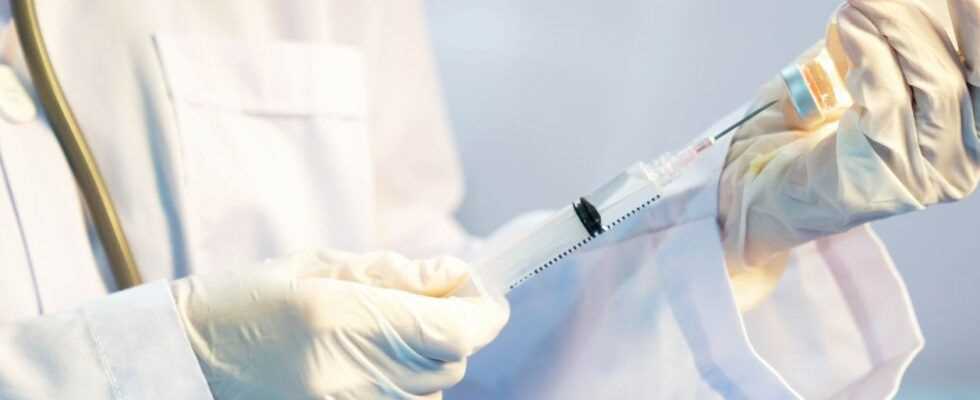If the search for a vaccine against Covid-19 has not yet come to an end, the Scientific Council has submitted its recommendations to the government concerning the strategy to be adopted in the event of vaccination of the French population.
Two weeks after being presented to the government, the Scientific Council has just published its report on the vaccination strategy to be addressed once the vaccine against the coronavirus is available. In this document, which was made public this Friday, July 24, the Scientific Council notably announces the populations that should benefit from it as a priority.
Health professionals and the most vulnerable at first
Among the people who should be vaccinated first, the report includes those who are exposed to risks in the course of their profession. This therefore takes health personnel into account. Thus, 1.8 million of them will benefit from it, being in daily contact with patients who are victims of the pandemic. Emergency doctors, stretcher bearers, ambulance attendants, emergency medical services, nurses, nursing assistants, nursing assistants, nursing home staff, transplant specialists … All these professions must be vaccinated before the rest of the population.
Closed environments at risk
Then there are school teachers, civil servants, public transport agents and traders who represent 5 million of the population. In addition, professions exercised in closed risky environments, such as slaughterhouses, cruise ship employees or even drivers, are also taken into account.
After these two trades, the Scientific Council recommends benefiting people who are exposed to the coronavirus because of their state of health and their age. This corresponds to 13,455 million people over 65 in France. Of these, 6.25 million have passed the 75-year mark. This population is considered vulnerable but not only. The Scientific Council also takes into account obese people, those who are diabetic or suffering from cardiovascular pathologies or hypertension as well as those victims of cancer, dementia, genetic, respiratory, neuromuscular or chronic renal diseases.
Housing conditions, precariousness, limited access to information expose you to a significant risk
Precarious people are then taken into account. Housing conditions or limited access to information about the coronavirus have a considerable impact on the health of some people. Thus, the homeless and isolated people should benefit from this vaccine. Today, there are 250,000 homeless people in France.
Which priority populations in the second phase?
Then there are the priority people but in a second place. This concerns, for example, the overseas departments which are exposed to a significant risk if there is a saturation of hospital beds because of the pandemic. Mayotte, Guyana, Martinique, New Caledonia, Reunion, French Polynesia … These are 2.8 million French people.
People who live in enclosed spaces will subsequently be considered for access to the coronavirus vaccine. Establishments for disabled people, prisoners, psychiatric hospitals are thus placed in the second priority group, in the same way as the overseas departments.
What about populations not corresponding to any of these categories?
The question remains to know what it is for those who do not meet any of these criteria, whether socially, professionally or from the point of view of their state of health. This would correspond to 600,000 people who, for the Scientific Council, should be placed fairly high on the scale of priorities. We think in particular of the police, volunteer and professional firefighters or the military. In the meantime, according to the report of the researchers of the Scientific Council: "It is imperative that the time necessary for a rigorous evaluation of the efficacy and safety of vaccine candidates be given before their large-scale use."
Katy Perry poses with her baby bump to encourage fans to put on a mask
